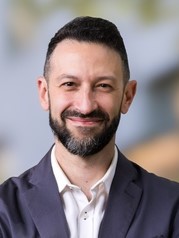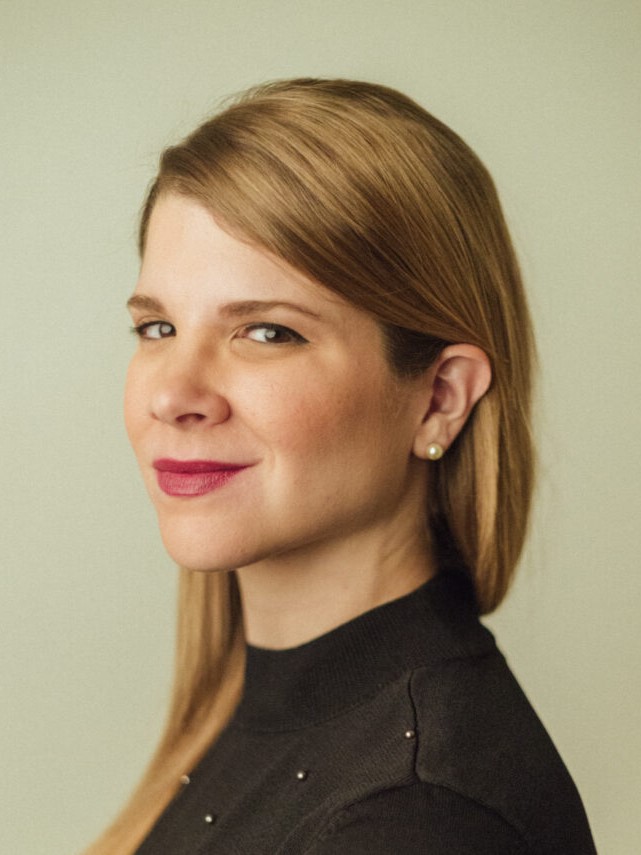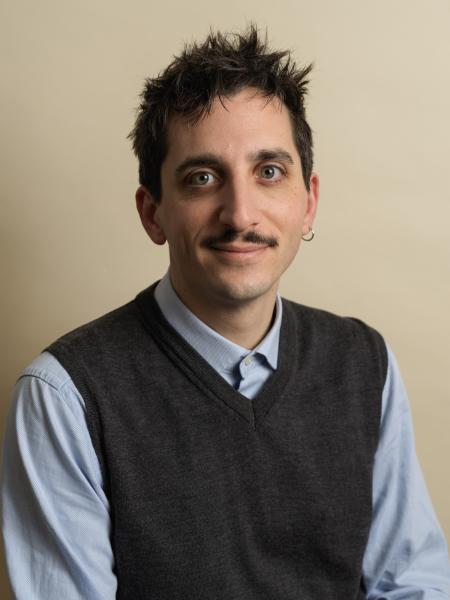Engaging the Polycrisis after Dark
To what extent does the current polycrisis intensify in urban settings during nighttime hours? Night lives are already characterized by precarity, urban inequalities, deeply seeded health and wellbeing concerns and a life ‘in the shadows’. In this Polycrisis series episode, Michele Acuto, Andreina Seijas and Alessio Kolioulis take us on a “walking roundtable”, recorded on the road after dark in London. The speakers discuss how nighttime perspectives shape how we encounter the urban polycrisis. They reflect on how night studies, and practice, prompt embedded thinking on the intersections of urban health, climate, economics and conflict with the experiences of dwelling, living and working in the city after dark. Crisis talk is being challenged through night talk, while the everyday dimensions of polycrisis are being considered, as they unfold in the mundanities of the night. The talk encourages us to engage with this world of urban research and practice by mixing a scholarly discussion, an insight into the urban challenges of a global city after dark, and a consideration of current solutions to improving nightlife inclusively, while taking us out on the streets of London after midnight.
Suggested links of articles cited:
- Kolioulis, A., Seijas, A., & Acuto, M. (2024). Integrating night studies into climate science. Nature Climate Change, 14(10), 1008-1009. https://doi.org/10.1038/s41558-024-02117-9
- Madden, D. (2023). Polycritical city?. City, 27(3-4), 271-274. https://doi.org/10.1080/13604813.2023.2232682
- Dimitrakou, I., & Ren, J. (2025). Critical geographies of everyday crisis. City, online first 1-19. https://doi.org/10.1080/13604813.2024.2447688
Guests:

Michele Acuto
Michele is Professor of Urban Resilience at the University of Bristol, where he is also Vice-President and Pro-Vice Chancellor (Global Engagement). Michele is a managing editor of Urban Studies journal, and a Trustee of Fondation Botnar in Basel.
Michele currently co-leads the Australian Research Council project Night Shift with Alison Young, and the Australian DFAT-funded City Diplomacy Masterclass with Daniel Pejic, both at University of Melbourne, where Michele was founding director of the Melbourne Centre for Cities. Michele has worked with numerous city networks, UN agencies, and mayors around the world supporting city diplomacy across climate, health, resilience and migration. Outside of academia, Michele has worked in the multilateral sector for the European Commission and the World Bank. He currently serves on the UN-Habitat Executive Director’s Stakeholder Advisory Group (SAGe).
Michele recently authored Leading Cities (UCL Press, 2019), Managing Cities at Night (Bristol University Press, 2021) and How to Build a Global City (Cornell University Press, 2022) and currently works with Andreina and Alessio seeking to understand the climate crisis’ impacts on nightlife, night work, and the nighttime economy.
LinkedIn: https://uk.linkedin.com/in/michele-acuto-715376225
Instagram: https://www.instagram.com/miacuto/
Bluesky: @acuto.bsky.social

Andreina Seijas J.
Andreina is a Venezuelan researcher and international consultant with more than 15 years of experience in urban development and policy in Latin America, Europe and the United States. Through her doctoral studies at the Harvard Graduate School of Design (2017-2020) she specialized in night-time governance and planning and launched Night Tank, an international consultancy that focuses on this novel field of research and practice. As an independent consultant, Andreina works in projects at the intersection of research and practice and is based in Barcelona, Spain.
Previously, Andreina worked for international organizations focused on urban strategy and international development such as Gehl, IdenCity, the Housing and Urban Development Division at the Inter-American Development Bank (IDB), and the Americas Society/ Council of the Americas. Andreina has taught urban planning and night-time governance courses at Harvard College and the Harvard Graduate School of Design (Cambridge), the Urban School at Sciences Po (Paris), and IAAC—the Institute for Advanced Architecture of Catalonia (Barcelona).
LinkedIn: https://www.linkedin.com/in/andreinaseijas/Instagram: https://www.instagram.com/andreinaseijas

Alessio Kolioulis
Alessio is Associate Professor in Urban Economic Development at The Bartlett Development Planning Unit (DPU), University College London, specializing in night-time economies, cultural policy, and interdisciplinary research. Since joining UCL in 2018, Alessio has have led the MSc Urban Economic Development (UED) programme.
Alessio’s research focuses on the intersection of urban governance and economic strategies with a particular emphasis on night studies. As a globally recognised leader in this field, Alessio has contributed to international policy frameworks and collaborated with various municipal and international organisations including the Greater London Authority (GLA) and C40 Cities. He is currently co-editor of the forthcoming Routledge Handbook of Night-Time Economies.
In addition to his academic work, Alessio is actively involved in consultancy as the Head of Night-Time Research and Consultancy at the Autonomy Institute and as an Economist at VibeLab. These roles have allowed Alessio to lead high-profile projects addressing socio-economic studies, worker-centred policies and cultural strategies across Europe, Africa, and the Middle East.
Instagram: https://www.instagram.com/alessi.ok/

